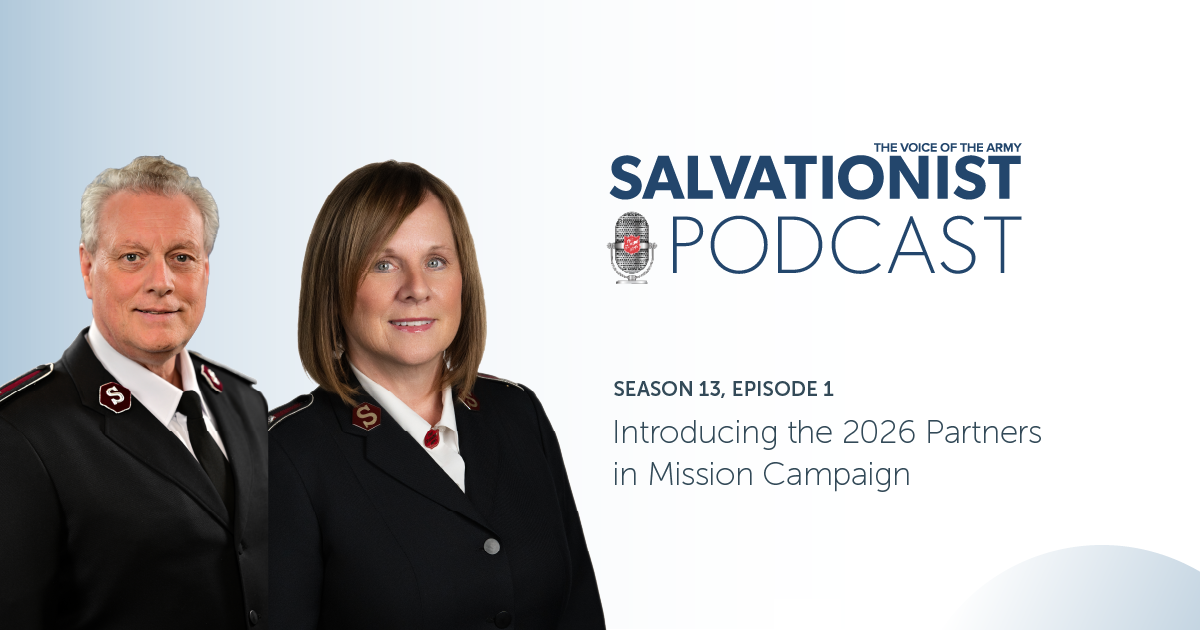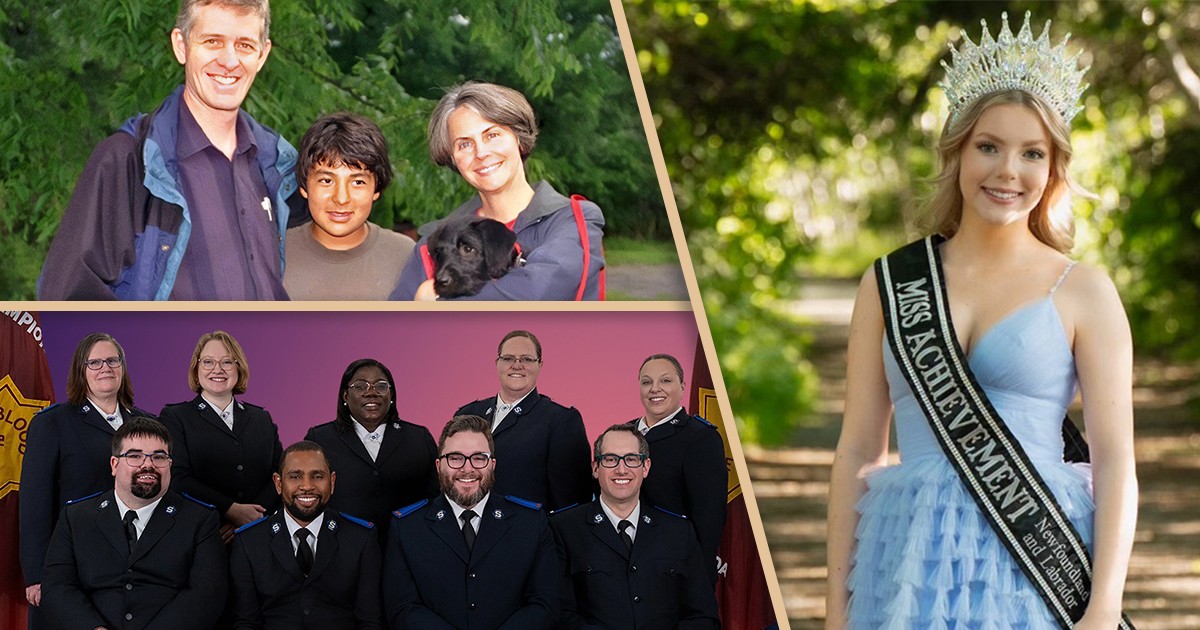It seems like an oxymoron to speak of religion as initiating evil. Most of us live peaceably and do our best to help our neighbours. But are we sometimes guilty of acts of injustice due to misguided religious beliefs? Increasingly I notice that religion is coming under scrutiny in our society. People are questioning whether civilization would be better off if religion vanished or, at the very least, they think that religions need substantial modification.
This topic came into view in early October during an episode of Real Time with Bill Maher, with author Sam Harris as the guest. The discussion turned toward Islam and whether or not it was acceptable to critique Islamic beliefs, particularly beliefs that were inconsistent with western values of dignity and respect. Harris and Maher, both atheists, argued that it should be acceptable to criticize aspects of the Islamic faith (or any faith for that matter) and that such critique should not be understood as hatred or bigotry toward Muslims. Others on the panel thought their comments were “racist” and “gross.” Harris argued that his opinions were not spurred by contempt for the people who believe, but rather for the beliefs themselves. He referred to Islam as the “motherlode of bad ideas.” Immediately, social media was aflame with opinions both for and against Harris.
Harris' remarks raised an important question: Are people of faith open to encountering criticism of their beliefs? It's not uncommon to hear some of Christianity's mouthpieces raise the warning flags of “intolerance” and “persecution” the moment someone outside of the church calls us out on some of our less-sophisticated beliefs. Can we withstand such external evaluations and receive constructive criticism? Even more importantly, do we have the courage to critique ourselves? While it's easy for me to offer Muslims ideas about how to advance their belief system, any real change, if it is needed, will only happen through reform efforts from within the Muslim community. Likewise, real change within Christianity, if it is needed, can best be achieved through the efforts of its own adherents.
Undoubtedly, there will be people who scoff at any suggestion that change is needed, especially if the suggestion comes from someone outside of the faith. Christians are some of the toughest people to convince that they don't have everything right—doctrinally or pragmatically. The Protestant church grew up (and into) the belief that absolute knowledge could be obtained. And why not? We worship the source of all truth and live according to a book that is believed to be the very words of that source. We assume that absolute truth is accessible and knowable. Therefore, how could anyone suggest that we may be wrong? We are followers of “the way and the truth and the life” (John 14:6).
We forget, however, that while God may be perfect, humanity isn't. And if humanity isn't perfect, it follows that our theology isn't either. While God's nature is absolute, it doesn't mean that our version of Christianity is as well. Consider the example of women in ministry and leadership. Ever since Catherine Booth stood to “say a word” at Gateshead chapel in 1860, women have been preachers and leaders in The Salvation Army. However, a large number of Christian denominations believe our position on this is in error. They point to a number of Bible verses that speak about “female submission” and “male headship” and say the case is closed. In this regard, The Salvation Army's position is more in line with the societal norms of gender equality, while other denominations could be seen as lagging behind. It's not that The Salvation Army acquiesced to cultural values in this matter; it just so happens that our views coincide with those of our culture and maybe even influenced them. From our vantage point, we might think that other denominations are in error. However, on other important issues, we may be the laggards, while other churches and our culture have surpassed us.
Can you think of what some of those issues may be? Is this a time for religious people, including Salvationists, to open our minds and be willing to evaluate some of our opinions and beliefs? The Holy Spirit is at work in the entire world, not just our own little piece of it. Perhaps we can see him working through the lives of those we might not expect. We may even find ourselves representing Christ better as a result.
Major Juan Burry is the executive director of Rotary Hospice House in Richmond, B.C.










I also am reminded as I read your comments how the bible has been used in the past and interpreted to support slavery and the separation of the races. As our society has changed and evolved over the years, we have come to believe these things are wrong. Our culture accepts that racism is wrong and that slavery is abhorrent. However, to think those ideas came exclusively from Christian beliefs would be a mistake. Many, who were not Christians, were involved in civil rights work and together with some Christians, who were considered "progressive" in their day, worked to fight against injustice. I know of young adults today that have deep and strongly held values against social injustices. These ideas in them are not there because they read and believe the bible. Therefore, I must conclude that our culture's values are intersecting with Christian values.
This has been an interesting conversation. Thank you for the article, Juan, and thanks to John for engaging in conversation about it.